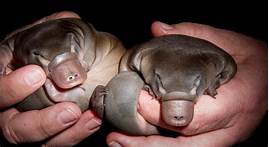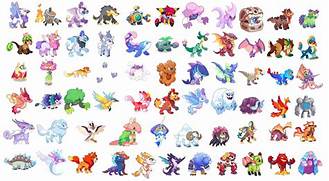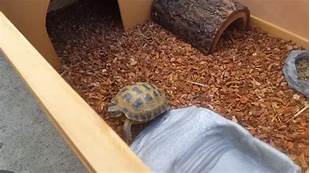Can I Have a Platypus As a Pet?
Platypuses are unique and fascinating creatures that capture the curiosity of many. Their unusual features, including their duck-like bill and beaver-like tail, often raise questions about the possibility of keeping them as pets.

Legality and Availability
In most parts of the world, it is illegal to keep a platypus as a pet. Platypuses are protected by law in Australia, their native country, due to their conservation status as a near threatened species.
Additionally, platypuses have specific environmental and dietary needs that make them unsuitable for a typical household environment. They require access to clean, flowing water for swimming and foraging and a specialized diet of aquatic insects and small crustaceans.
Habitat and Enclosure
Creating a suitable enclosure for a platypus would be challenging and expensive. They require a large, outdoor area with a body of water and access to natural vegetation. The enclosure would also need to be secure, as platypuses are skilled burrowers and can easily escape.
Their diet would also require careful preparation and sourcing, as it should consist of live aquatic insects and small crustaceans. This can be difficult to maintain in a home environment, and providing a consistent and diverse diet can be challenging.
Behavioral Considerations
Platypuses are solitary and shy animals that do not fare well in captivity. They are prone to stress and anxiety in unfamiliar environments and may exhibit self-destructive behavior. Additionally, their nocturnal habits and secretive nature make them challenging to observe and interact with.
Furthermore,platypuses have venom-producing spurs on their hind legs. Although not typically fatal to humans, the venom can cause significant pain and swelling. This poses a safety risk, especially considering that platypuses are highly territorial and may become aggressive if they feel threatened.
Considering these factors, it is clear that platypuses are not suitable pets. Their specific needs, legal status, and behavioral characteristics make them unsuitable for a domestic environment.
Declaration: All article resources on this website, unless otherwise specified or labeled, are collected from online resources. If the content on this website infringes on the legitimate rights and interests of the original author, you can contact this website to delete it.




